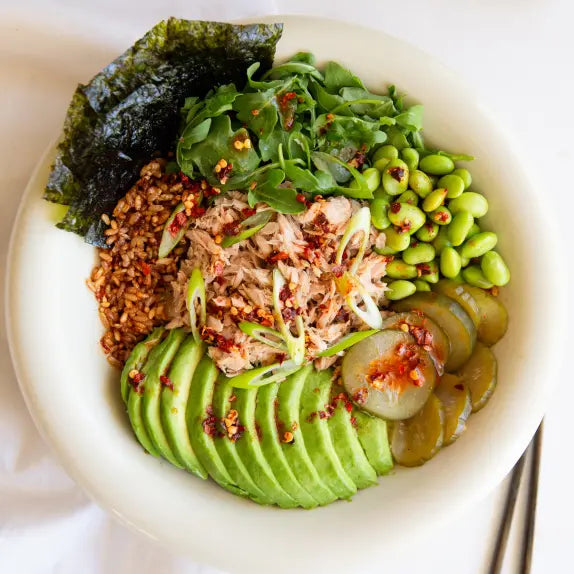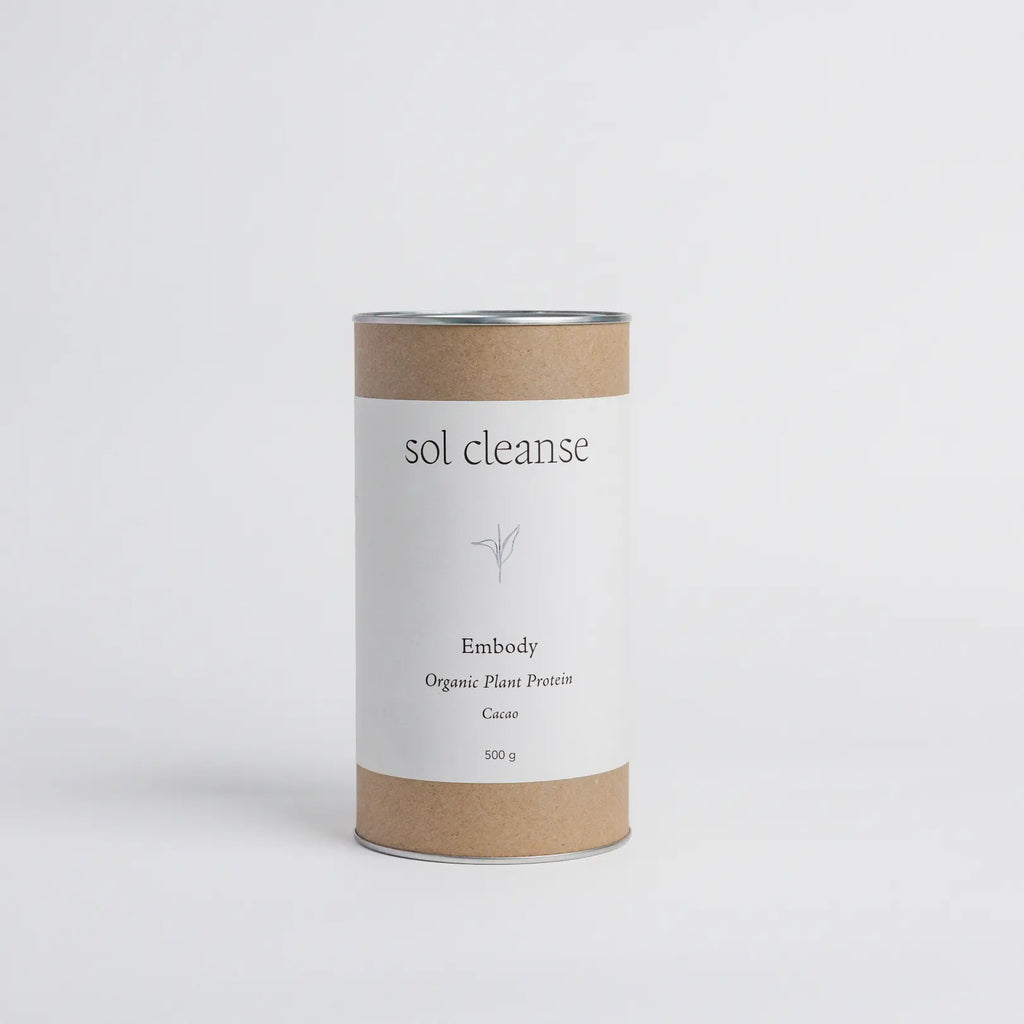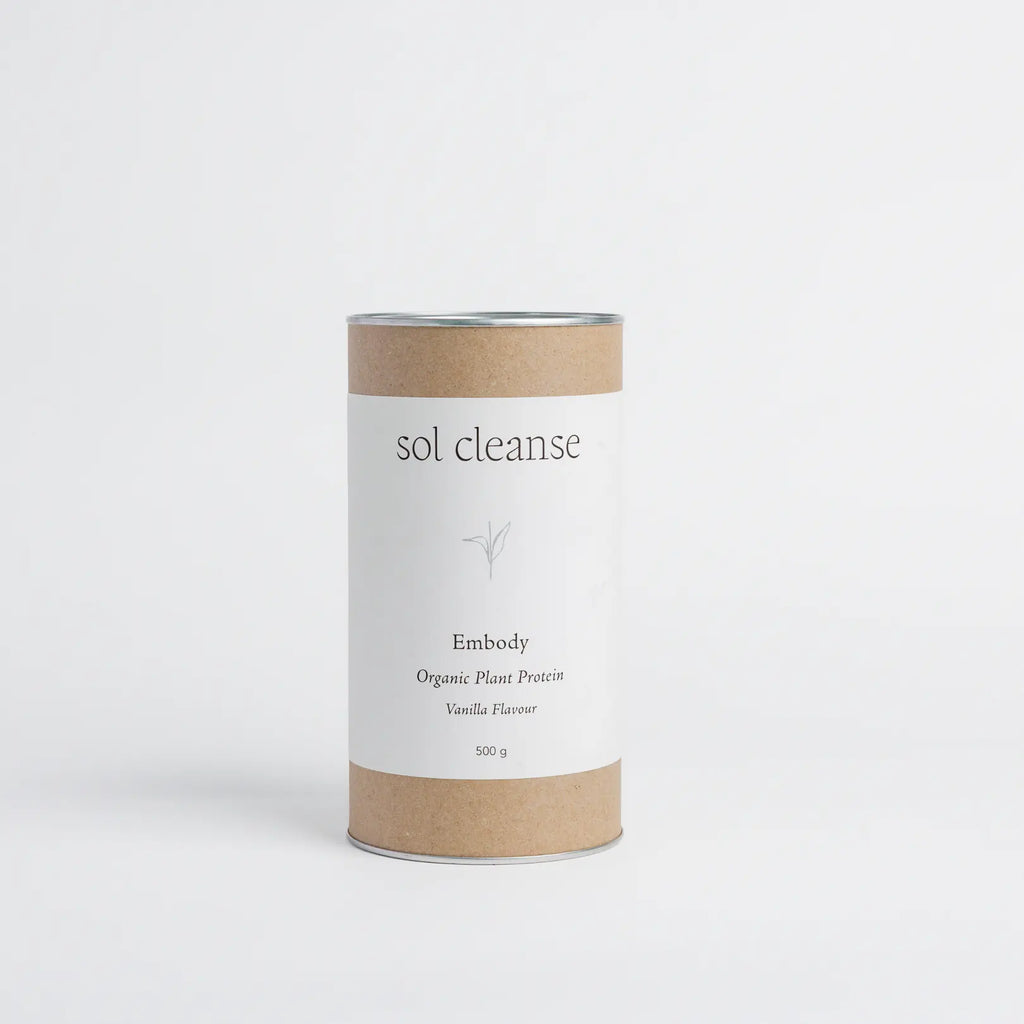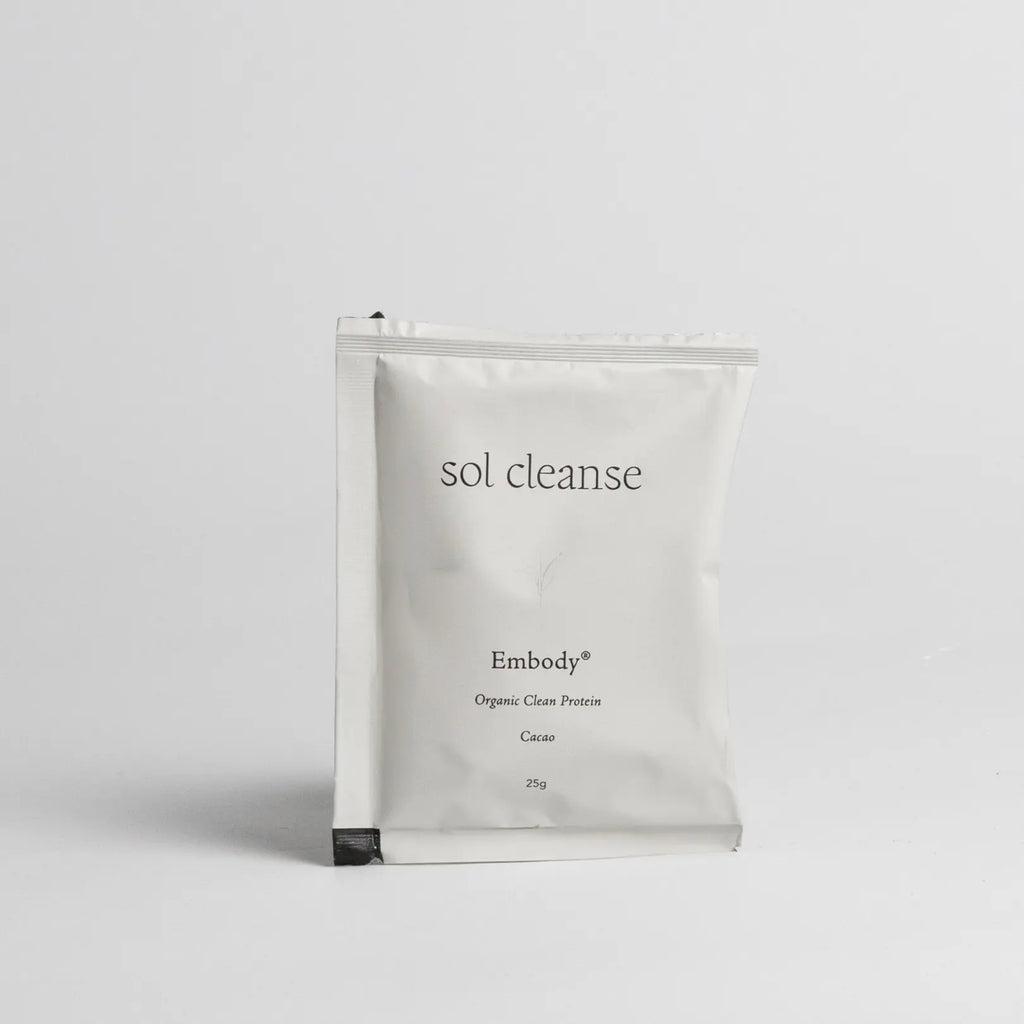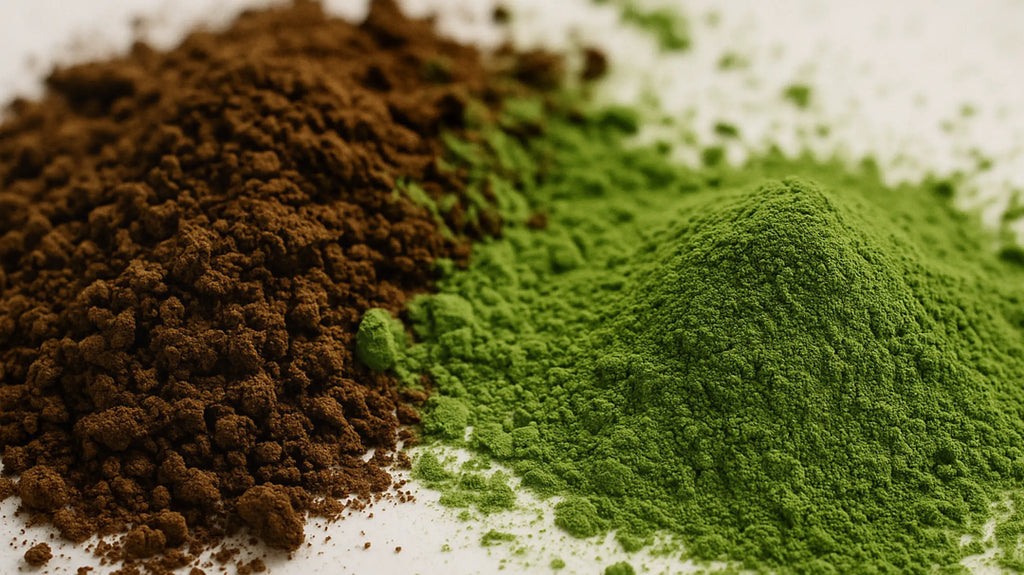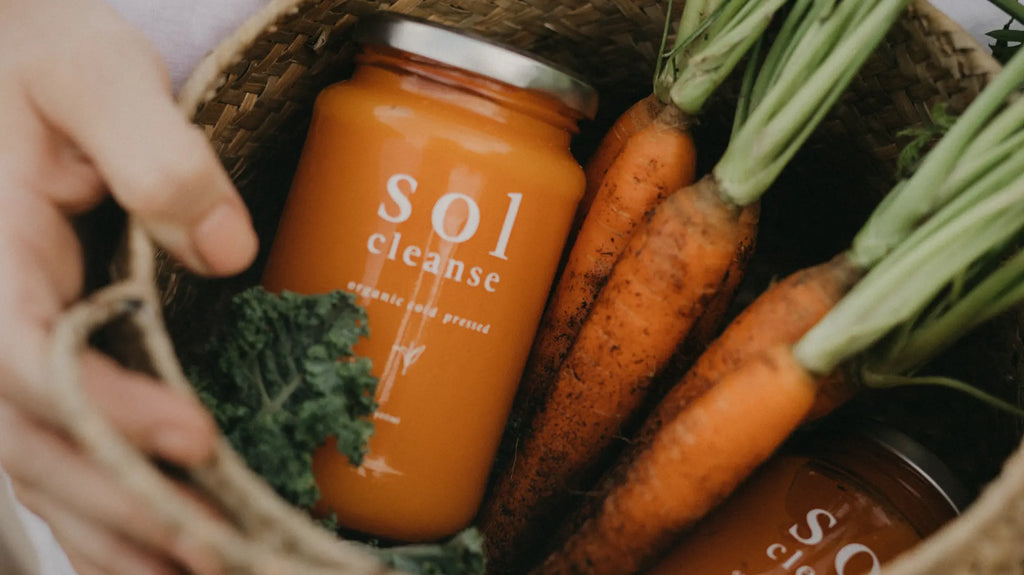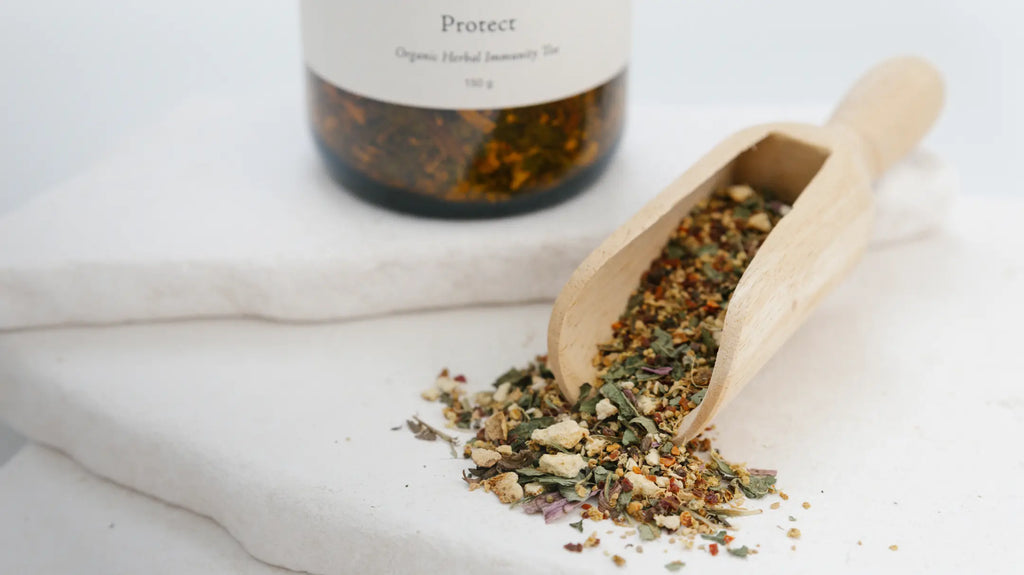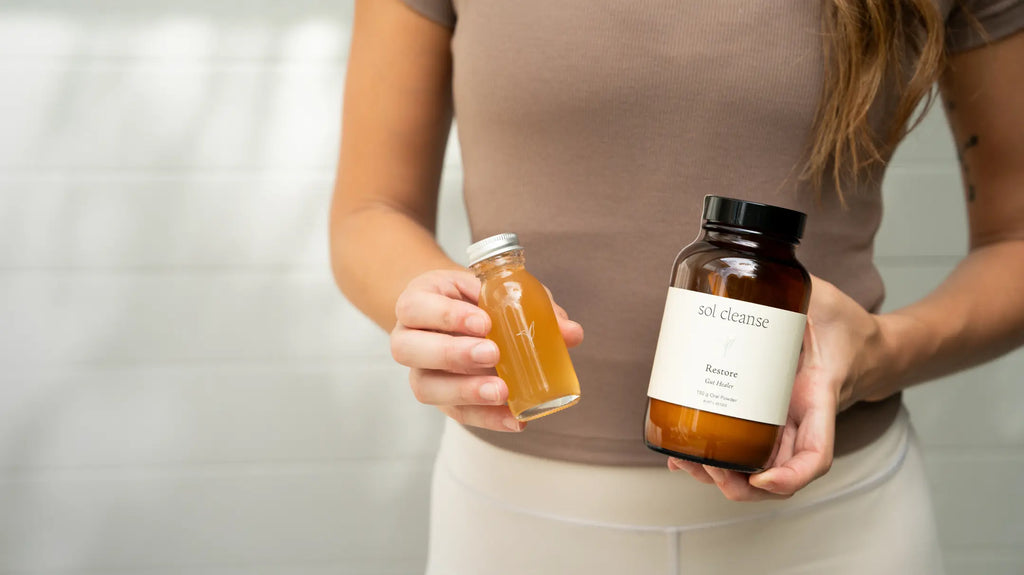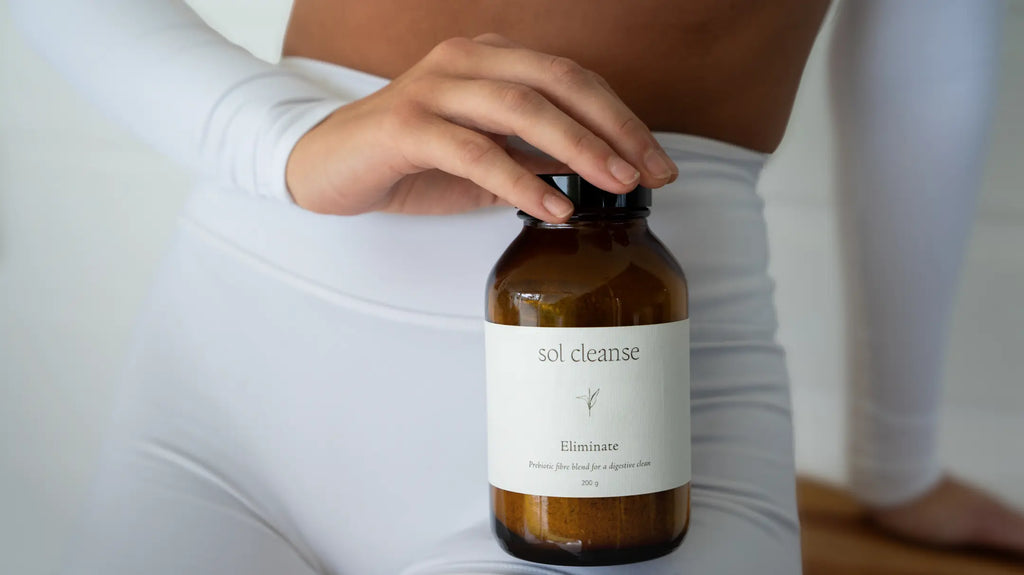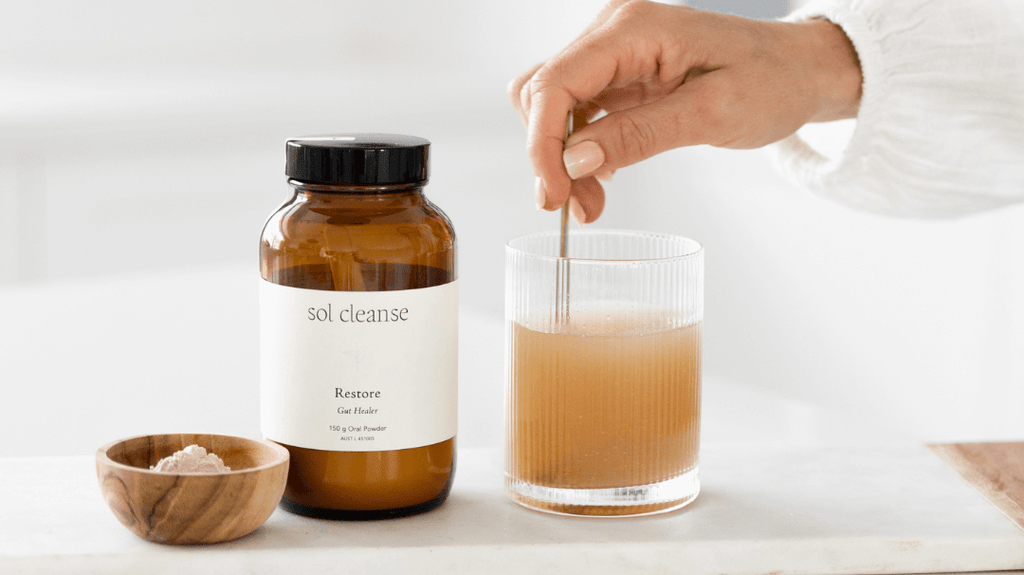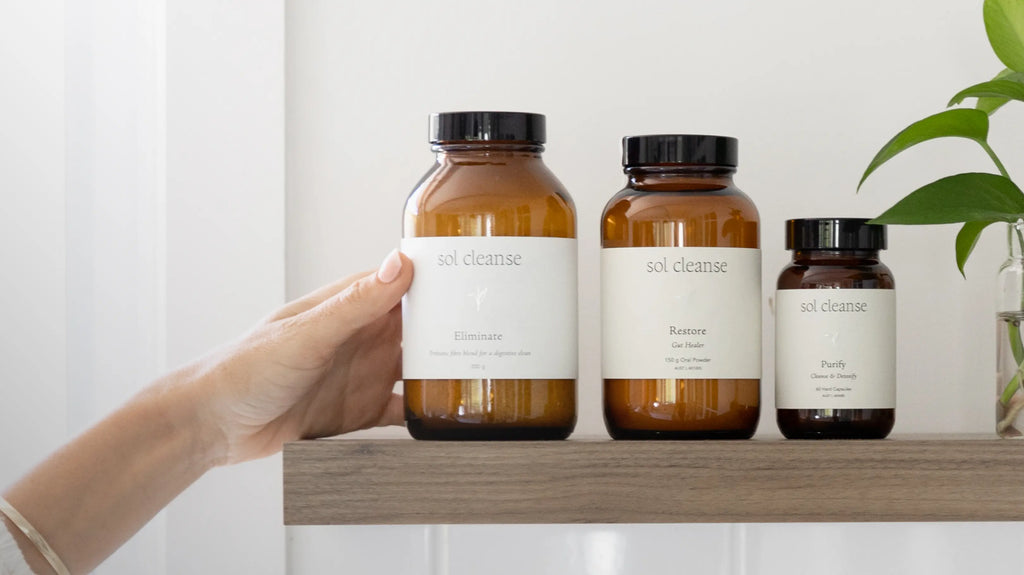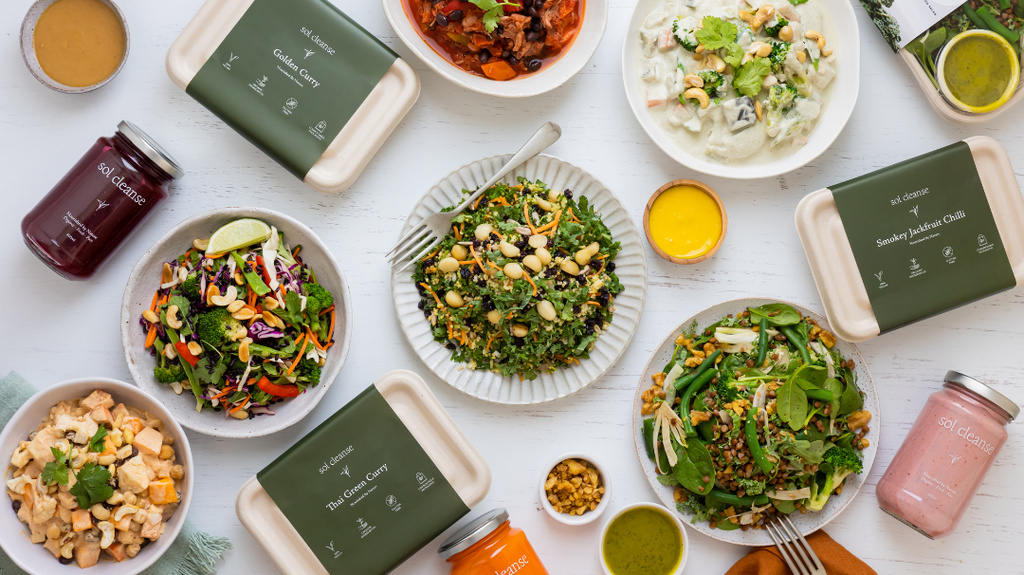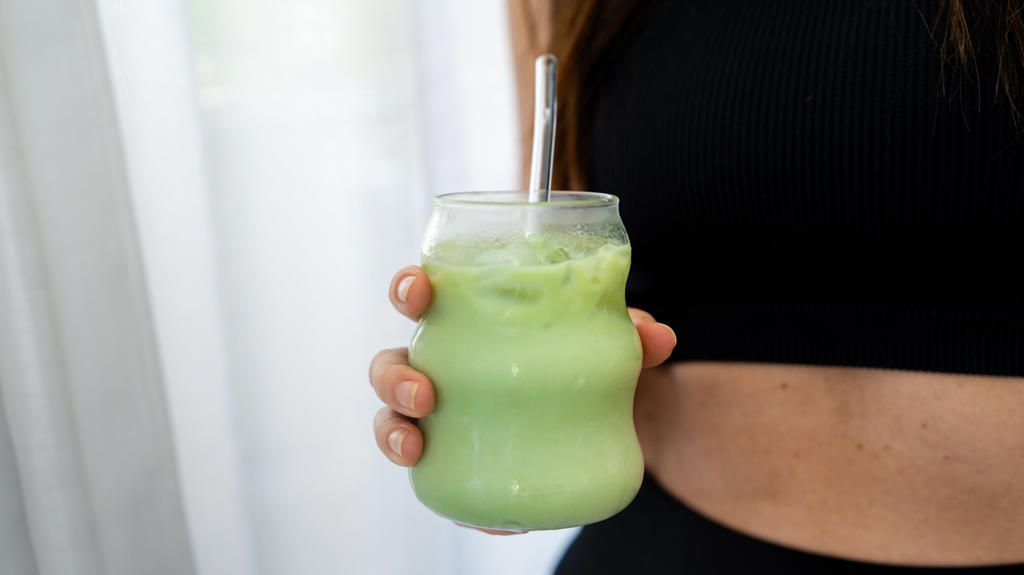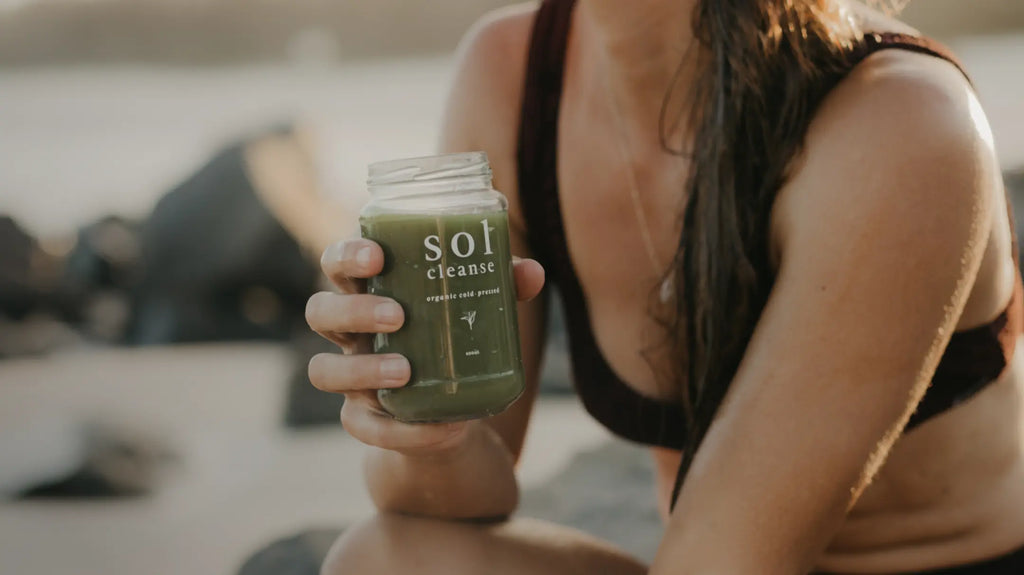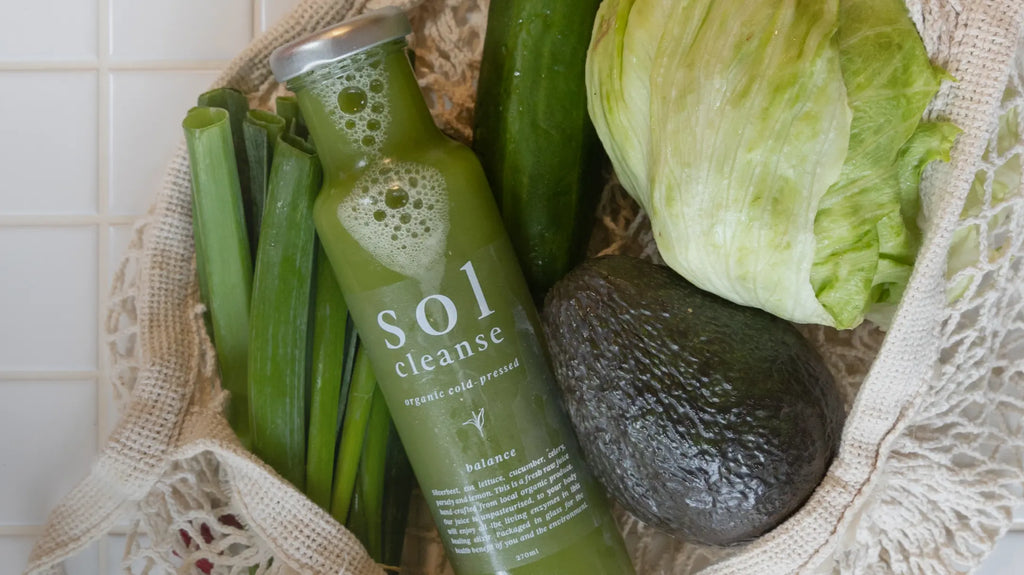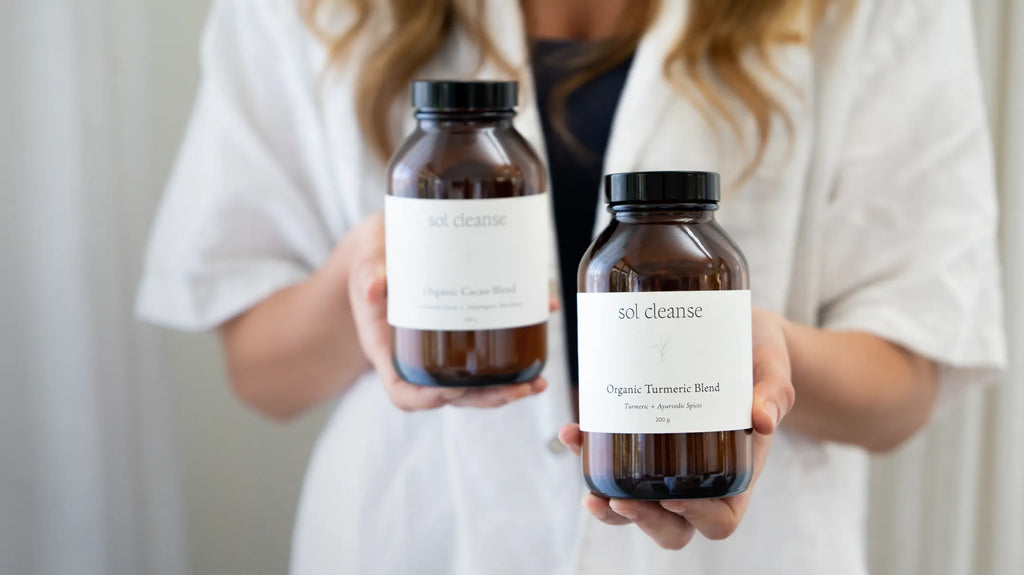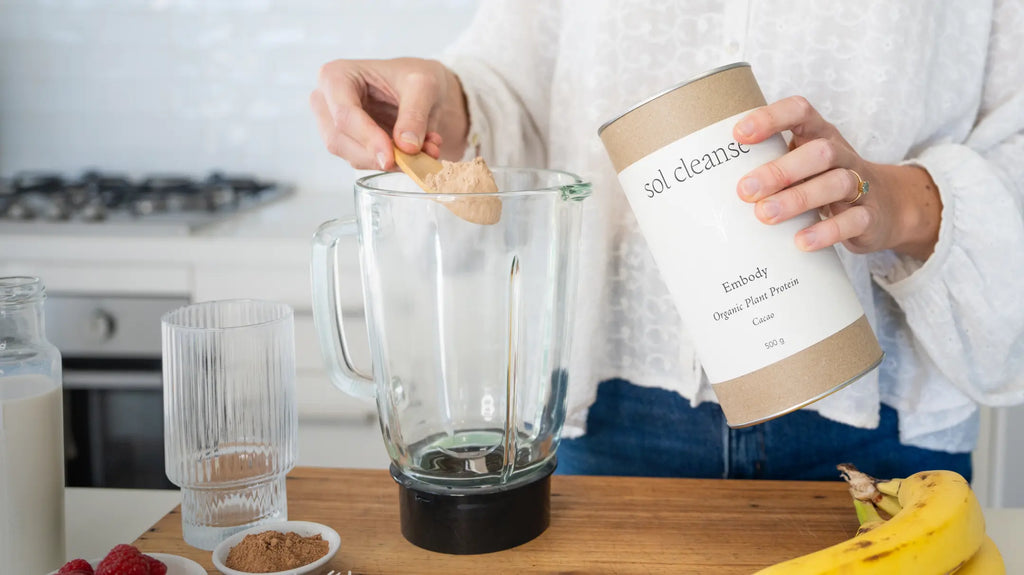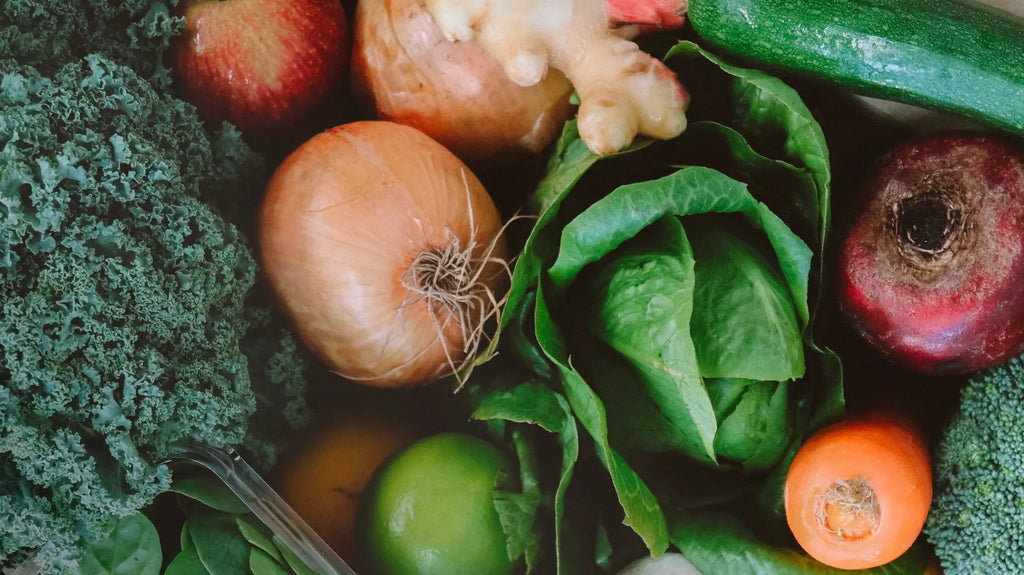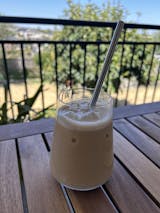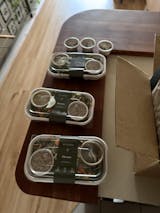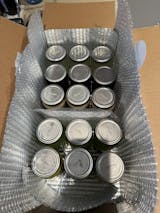I embarked upon a 3-day cleanse due to weight gain (perimenopause) and generally feeling gross. I loved it and can highly recommend it. The Dahl and lemon drink were my favourite. The morning psyllium husk was a challenge!! At the end my skin looked so much better, I had less bloat. I will definitely do it again.
Love the cacao flavour and versatility of this protein powder.
I usually add it to my dandelion tea with tiger nut milk (hot or cold) to help me add much needed protein to my daily diet.
Looking forward to also using it in a batch of cacao muffins soon.
This was my first time doing a cleanse, and the Active Cleanse was very well thought out and easy to follow. I experienced a few cravings on the first day, but I adjusted quickly. I wasn’t hungry at all, the portions of juice and salad were generous and filling, just the only negative was the dahl, I didn't really find it tasty, it was very strong. I’ll definitely be doing this again :) (without the dahl).
Such a great way to do a short quick reset and cleanse. This is the second meal/smoothie cleanse I’ve done through Sol cleanse and felt the salads were a bit bland this time, much nicer last time, however felt good after the 3 days and would do it again.
After a very indulgent Christmas and new year my body was ready for a reset . This 3 day juice cleanse was perfect to kick start my health journey. These juices tasted fantastic, so fresh and filling . My gut loved it and my bloated gut was no longer bloated . I felt amazing after the 3 days . I’ll be doing it again in a month as I felt so cleansed of toxins . Xxxxxx very happy .





